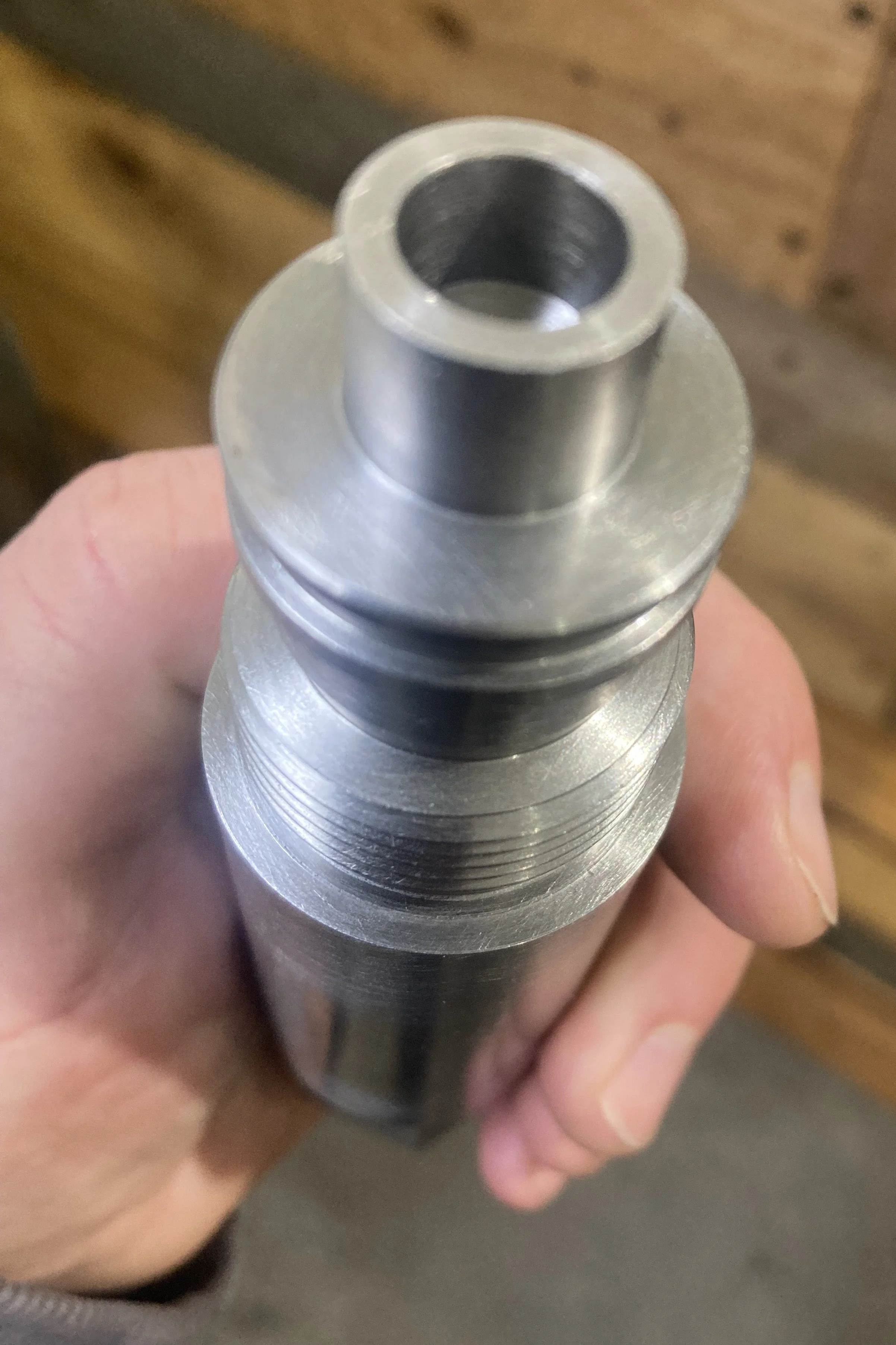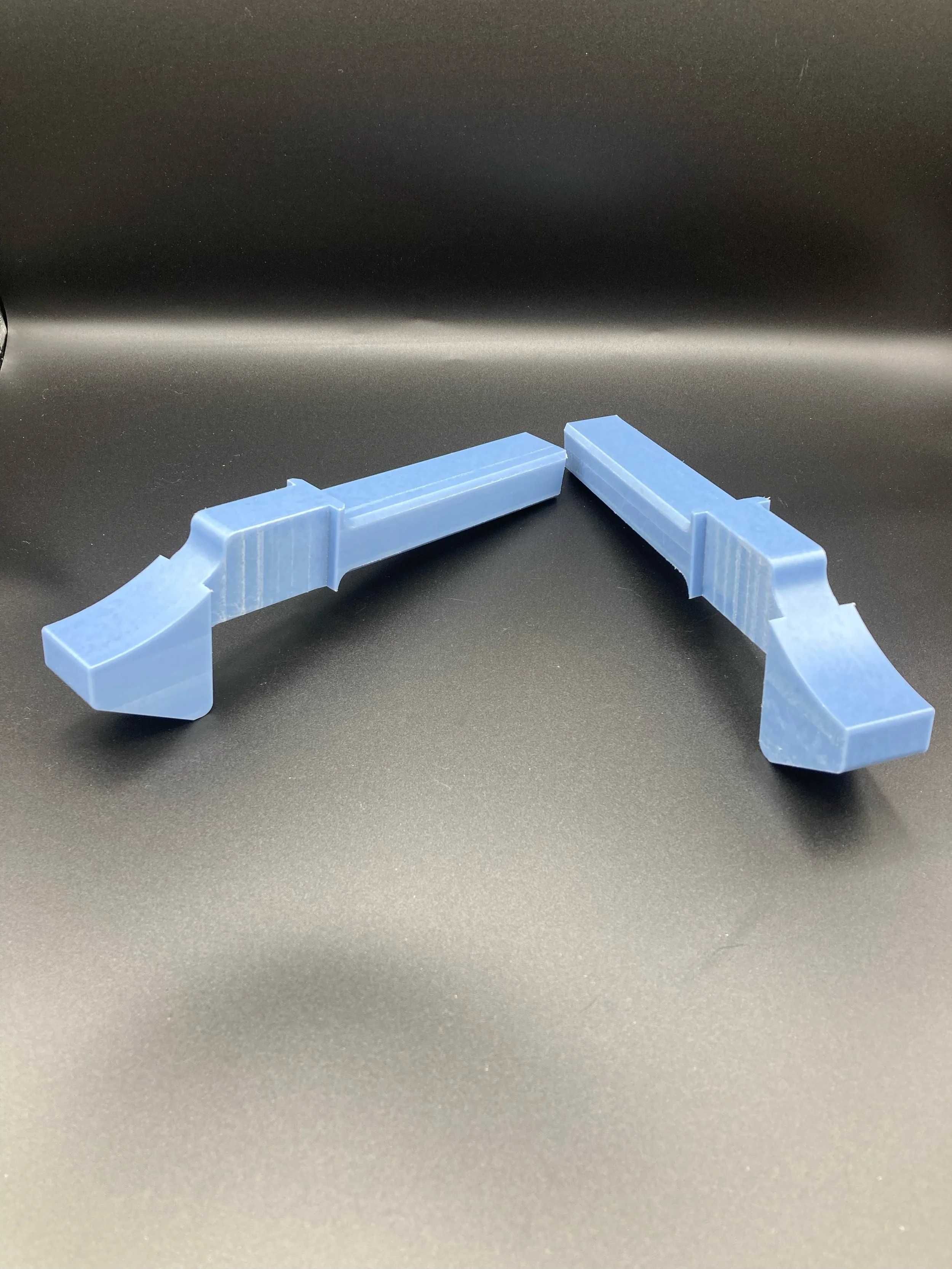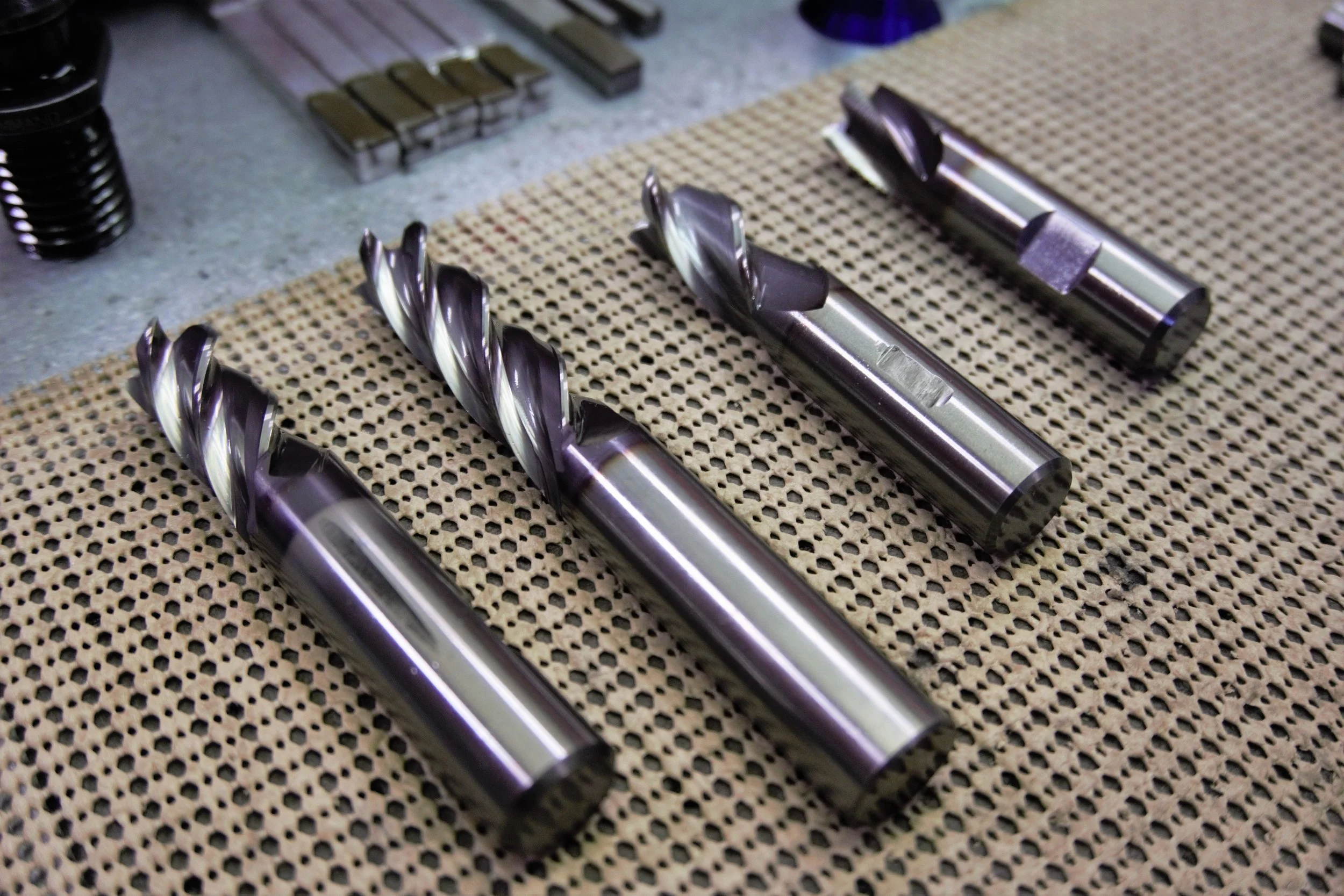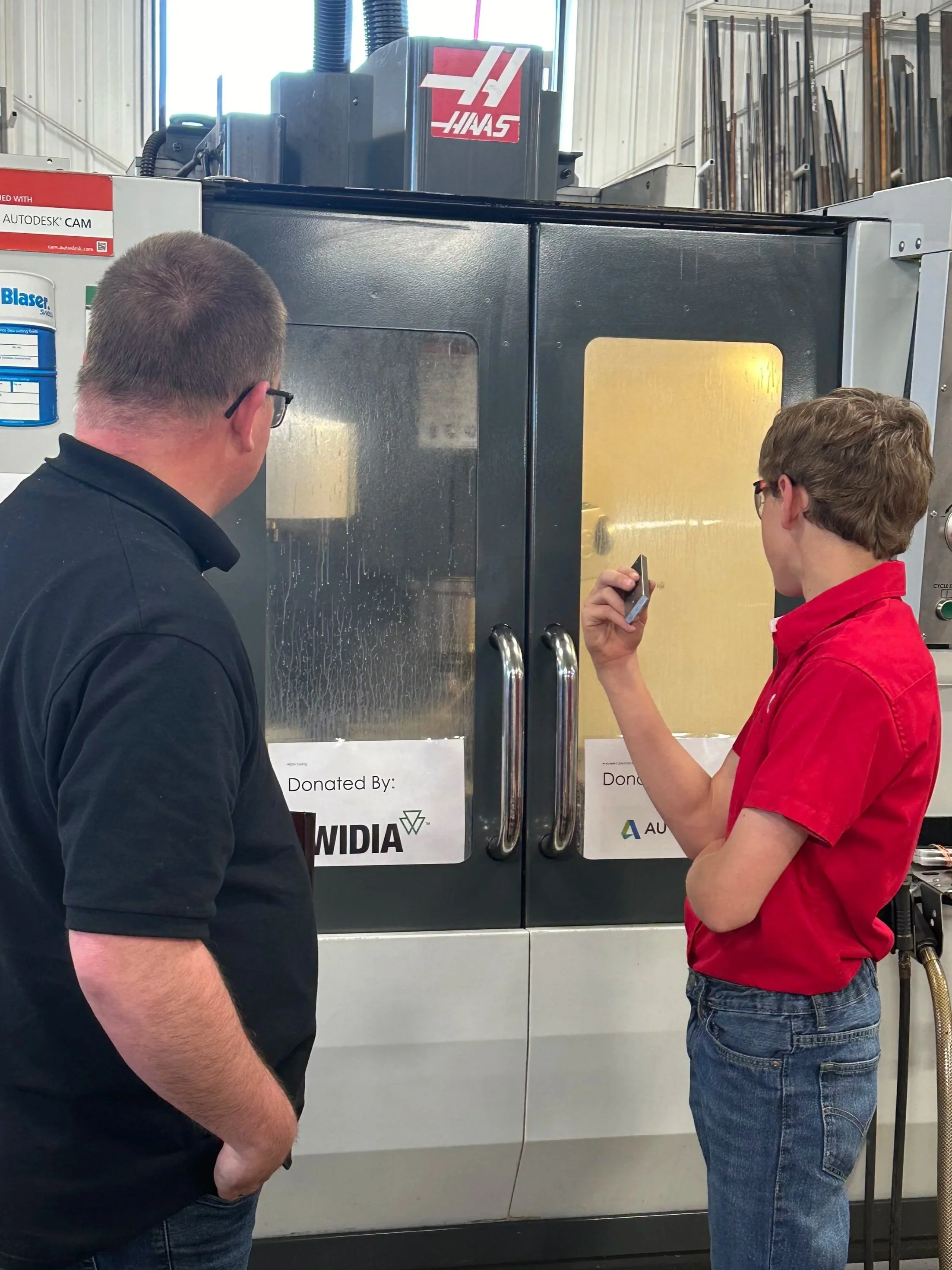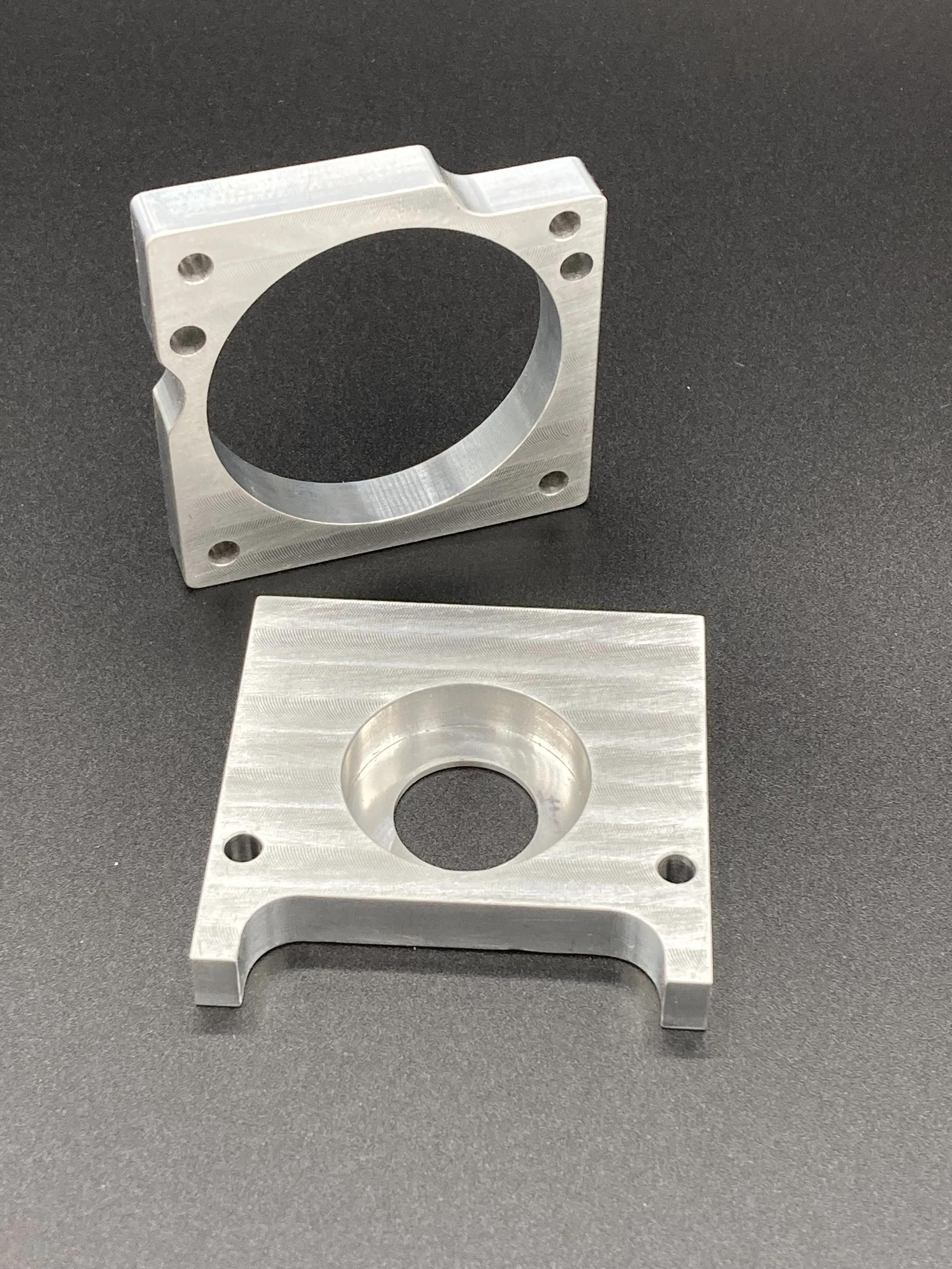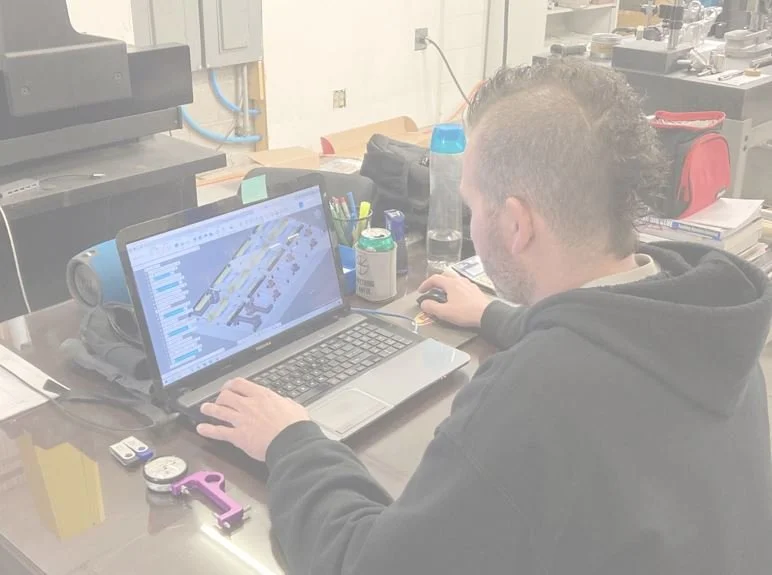Debunking common misconceptions about the trade.
Machining is one of those trades that often sits in the shadows of public awareness, until you need a precision part, a custom prototype, or a component that simply must work. Yet, despite its critical role in manufacturing, machining is surrounded by myths that can distort how people view the profession. These misconceptions can discourage new talent, mislead customers, and even slow innovation.



